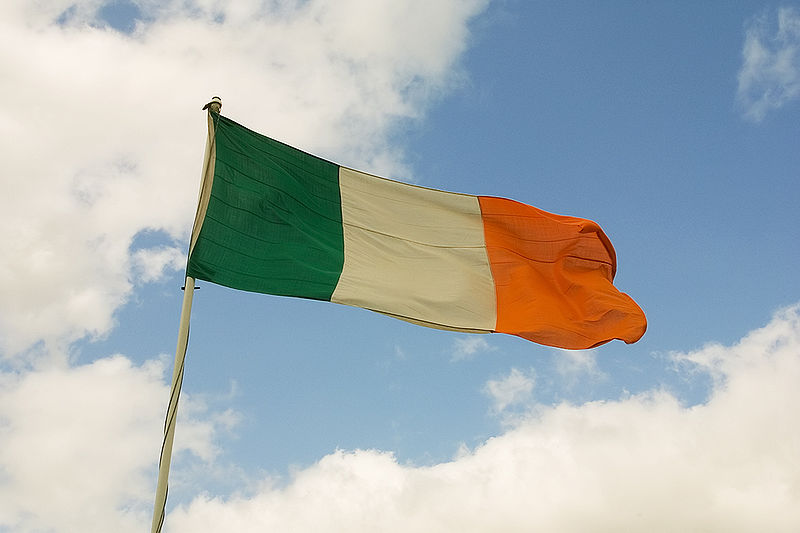Under the bill, the Irish Investment Fund (ISIF) will sell all shares of energy companies. The withdrawal of investments will concern coal, gas and oil projects costing more than $ 300 million in 150 companies. However, the document notes that the full sale of all assets will require suitable conditions are from a practical point of view, so the process can take up to five years. The purpose of the new bill is to contribute to Ireland's implementation of the provisions of the Paris Climate Agreement.
As The Guardian emphasizes, the amount of investments from fossil fuel projects at the global level now totals trillions of dollars. The largest pension funds and insurance companies are withdrawing investments from coal, oil and gas. The initiative is joined by individual cities, churches and universities.
For example, in December, New York's pension funds, one of the largest in the world with an aggregate asset size in management of more than $ 390 billion, announced cessation of investment in fossil fuels. In December, the French insurer AXA, the third largest insurer in the world, announced withdrawal of € 2.4 billion from the coal industry and € 700 million - from oil sands. The World Bank has pledged to completely stop lending projects and companies associated with the production of gas and oil until 2019.
"The move to withdraw assets from fossil fuels speaks about the importance of stopping investing in expanding the global industry, which should be managed to decrease in order to prevent catastrophic consequences of climate change," said Thomas Pringle, an independent MP who introduced the bill for consideration.
He added that "the decision of Ireland sends a signal that the Irish society and the international community are ready to think and act outside of narrow short-term interests."
In addition, the new bill should change the image of the country. In June, the Climate Action Network (CAN) issued a rating of the EU member states that assesses their actions to prevent climate change. Ireland has become the second worst country in terms of climate action, both at the national level and in the context of supporting more ambitious climate targets internationally. The last place in the ranking was taken by Poland. The top five are Sweden, Portugal, France, the Netherlands and Luxembourg.
source: theguardian.com
As The Guardian emphasizes, the amount of investments from fossil fuel projects at the global level now totals trillions of dollars. The largest pension funds and insurance companies are withdrawing investments from coal, oil and gas. The initiative is joined by individual cities, churches and universities.
For example, in December, New York's pension funds, one of the largest in the world with an aggregate asset size in management of more than $ 390 billion, announced cessation of investment in fossil fuels. In December, the French insurer AXA, the third largest insurer in the world, announced withdrawal of € 2.4 billion from the coal industry and € 700 million - from oil sands. The World Bank has pledged to completely stop lending projects and companies associated with the production of gas and oil until 2019.
"The move to withdraw assets from fossil fuels speaks about the importance of stopping investing in expanding the global industry, which should be managed to decrease in order to prevent catastrophic consequences of climate change," said Thomas Pringle, an independent MP who introduced the bill for consideration.
He added that "the decision of Ireland sends a signal that the Irish society and the international community are ready to think and act outside of narrow short-term interests."
In addition, the new bill should change the image of the country. In June, the Climate Action Network (CAN) issued a rating of the EU member states that assesses their actions to prevent climate change. Ireland has become the second worst country in terms of climate action, both at the national level and in the context of supporting more ambitious climate targets internationally. The last place in the ranking was taken by Poland. The top five are Sweden, Portugal, France, the Netherlands and Luxembourg.
source: theguardian.com





